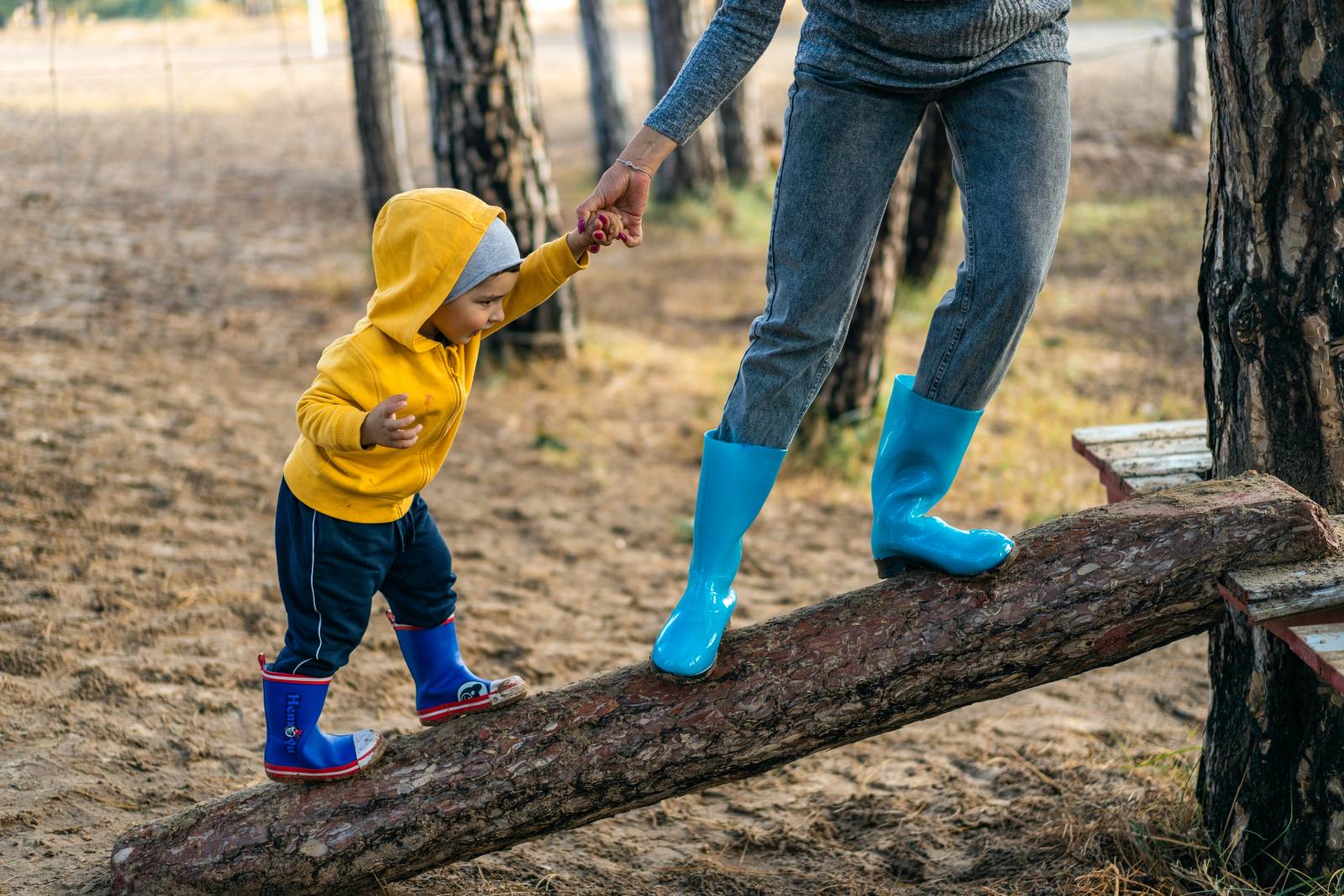Background
In the last decade, transitions of children across the home environment, early childhood education and care, and compulsory school education has gained increased attention both in academic and in policy debates. Positive experiences of transition between educational levels can be a critical factor for children’s wellbeing and for their future success and development, while negative experiences can have lasting challenges leading to poorer educational performance, especially for children with disadvantaged background.
Despite this growing consensus, inclusive and warm transition practices are still not widespread and very few initiatives engage professionals, children, families and local communities in the creation of these practices. In order to upscale inclusive and warm practices and generate a deeper systemic impact, InTrans works on three levels:
- Policy and Governance
- In-service training of ECEC and primary school professionals and teachers
- Pre-service training of future ECEC and primary school professionals and teachers
Goal
The InTrans project aims at influencing the systemic conditions so that good transitional practices can be disseminated and implemented on a wider scale. The ultimate goal is to ensure that more children and families, especially the most vulnerable ones, can benefit from warm and inclusive transitional practices.
Funding source
This project is funded by the European Union’s Erasmus+ programme, Key Action 3.

